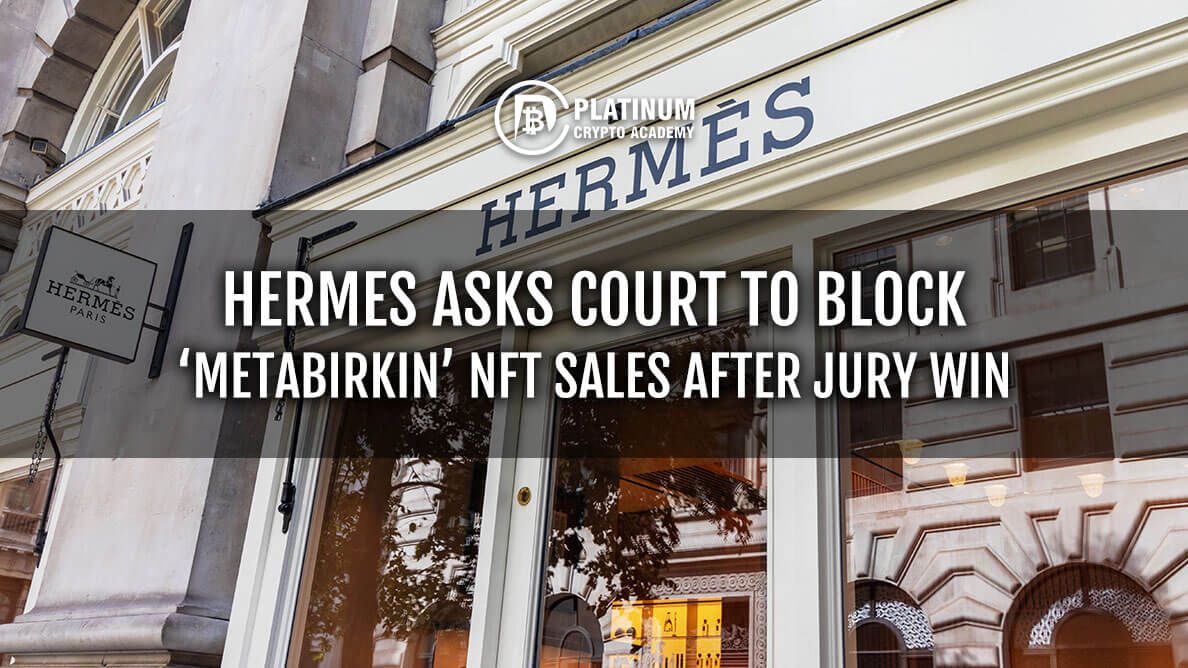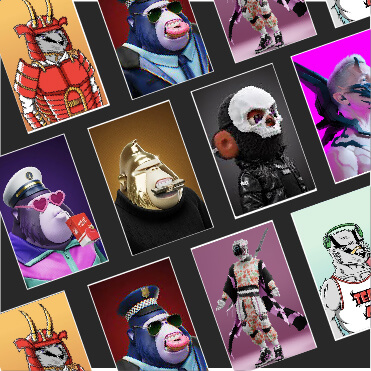French luxury brand Hermes has asked a Manhattan federal court to block artist Mason Rothschild from promoting or owning his “MetaBirkin” NFT after a jury found they violate Hermes’ trademark rights in its famous Birkin bags.
Hermes said in a court filing that Rothschild has continued to market his NFTs despite the jury’s verdict last month. It asked the court to issue a permanent injunction and force him to stop using “Birkin” trademarks and to transfer the MetaBirkins website, the NFTs that he still owns and his income from sales of the tokens since the trial to Hermes.
Rothschild’s attorney Rhett Millsaps on Monday called the filing a “gross overreach by Hermes and an attempt to punish Mr. Rothschild because they don’t like his art.” He said they will oppose Hermes’ motion this week.
Earlier, Hermes has won an NFT trademark infringement lawsuit against the artist, who depicted its famous Birkin bags in an NFT collection. The jury disagreed with the artist’s contention that NFT should be covered under the US Constitution’s First Amendment and awarded Hermes with US $133,000 in damages, US $111,000 for trademark infringement and US $23,000 for cybersquatting. .
Hermes’ lawyers accused the artist, Mason Rothschild, of stealing the goodwill in Hermes’ intellectual property to create and sell his line of products. Mason Rothschild, launched the “Metabirkins” NFT collection two years ago, featuring digital depictions of Hermes’ popular Birkin bags without their permission.
He described them as a collection of 100 unique NFT made with faux fur in various contemporary colors and graphic executions. The collection has generated sales of more than 200 ETH so far.
However, Hermes’ lawyers argued that customers would likely confuse Metabirkins NFT with genuine Hermes products. They also said the Metabirkins URL is too similar to the one used by the luxury brands.
Rothschild and his legal team, meanwhile, have insisted that the two-dimensional digital tokens were a commentary on fashion’s fur-free initiative, an experiment in replicating the luxury handbag’s perceived value and an act of artistic expression that is protected under the First Amendment. The artist, who is also cofounder of the progressive store, gallery and event space Terminal27 in Los Angeles, was compared to pop art artist Andy Warhol.



